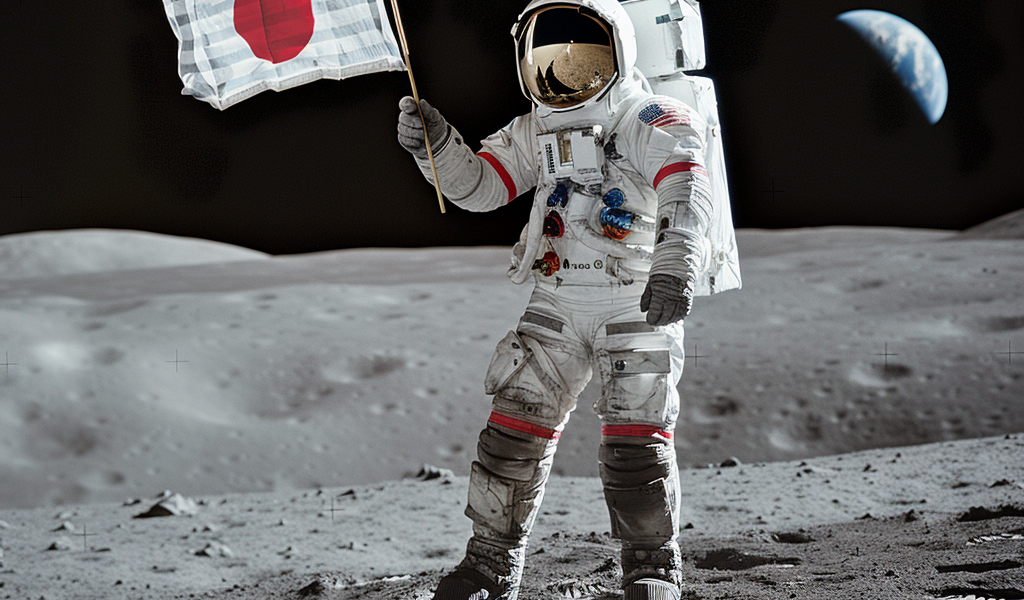Japanese Astronaut to Make History as First Non-American to Land on the Moon in NASA’s Upcoming Artemis Missions
Japanese astronaut to be the first non-American to set foot on the Moon during one of NASA’s upcoming Artemis missions, announced by US President Joe Biden during Prime Minister Fumio Kishida’s state visit to strengthen ties with Japan. This historic opportunity for Japan marks a significant milestone in space exploration.
President Biden revealed that two Japanese astronauts will join future American missions, with one making history as the first non-American to land on the moon. Prime Minister Kishida expressed Japan’s excitement and commitment by announcing the supply of a rover for the program, emphasizing the collaborative efforts between the two nations.
The Artemis program, aiming to return humans to the Moon for the first time in over 50 years, seeks to establish a sustained lunar presence in preparation for potential missions to Mars. Notably, NASA’s previous announcement highlighted the inclusion of the first woman and the first person of color to land on the Moon, signifying a significant diversification of lunar exploration.
NASA chief Bill Nelson emphasized the collaborative nature of space exploration, stating that ‘America will no longer walk on the Moon alone.’ The Artemis 3 mission, planned for 2026, is set to take astronauts to the lunar surface, marking a pivotal moment in space exploration history.
China’s aspirations to put humans on the Moon by 2030 and the European Space Agency’s expected collaboration with future Artemis missions further underscore the global significance of lunar exploration. The partnership between the United States and Japan, with the provision of a pressurized rover by Japan, demonstrates the shared commitment to advancing space exploration and scientific discovery.
The pressurized rover, accommodating two astronauts in a ‘mobile habitat and laboratory’ for up to 30 days, will enable extended exploration near the lunar South Pole. NASA’s utilization of the rover in the future Artemis 7 mission, alongside subsequent missions over a 10-year lifespan, reflects the long-term strategic vision of the Artemis program.
With the successful uncrewed flight of Artemis 1 in 2022 and the upcoming Artemis 2 mission in 2025, which will send four astronauts around the Moon without landing, the Artemis program represents a significant leap forward in space exploration. The collaborative efforts and technological contributions from various nations, including Japan, underscore the diplomatic and scientific value of international partnerships in advancing humanity’s presence in space.





